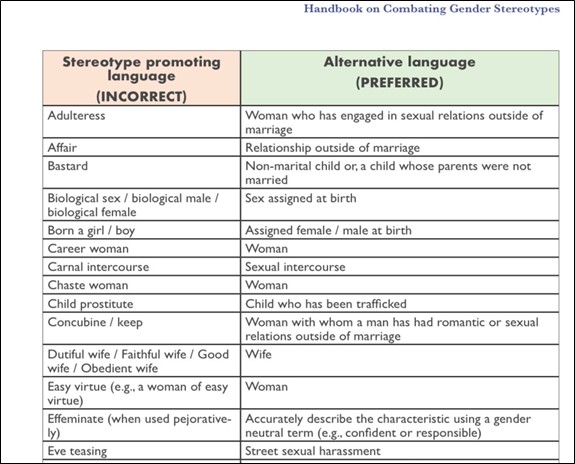Mains syllabus: GS I- Salient features of Indian Society, Diversity of India | Role of Women and Women’s Organization | Population and Associated Issues
Why in news?
A recent research study at the Indian Institute of Technology Patna revealed that gender stereotypes continue to exert a significant influence on the career decisions of women in higher education institutions in Bihar and Jharkhand.
What is gender stereotype?
|
Aspect |
Stereotype |
|
|
|
Boy |
Girl |
|
Early childhood |
Play with Trucks |
Play with dolls |
|
Color Association |
Pink |
Black, blue, green |
|
Familial role |
Bread winner of the family |
Doing household chores |
|
Behaviour |
Expected to act out
|
To be well behaved |
|
Sports |
Boys should engage |
Girls may not do well |
|
Dressing |
Their own choice |
Traditional and decent |
|
Leadership |
Natural leaders |
Lack leadership qualities |
|
Jobs |
More dedicated and hard working |
Less dedicated and less devoted to jobs |
|
Education |
Their own choice of any subjects |
Not interested in STEM subjects |
|
Choice of children |
They may or may not consider for children |
Women should have children soon after marriage |
|
Economic independency |
Men should have |
Women cannot have as they will not respect their husband |
|
Emotions |
Men are emotionally strong |
Women are emotionally weak |
What are the Causes for gender stereotypes?
What are the Issues of gender stereotyping?
What are the steps taken by India?


What lies ahead?